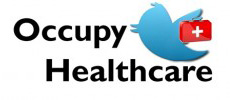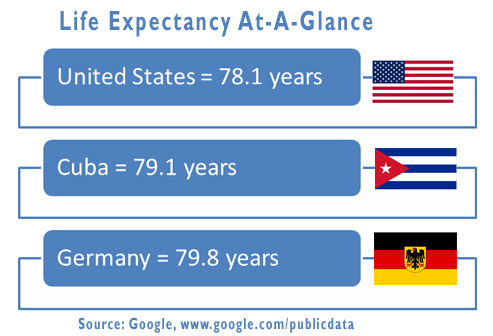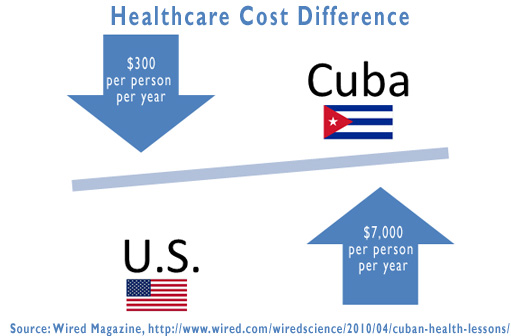I’m tired of hearing about the next new revolutionary drug that’s going to change the face of medicine. I’m tired of hearing about how the iPad is going to revolutionize healthcare. I’m tired of hearing about the social media revolution in healthcare. It seems like every day now a new product is being sold that will “revolutionize” healthcare. I’m tired of hearing these meaningless marketing pitches!
These aren’t the kind of revolutions I’m looking for in healthcare. We need to look at systemic problems in healthcare- these are the problems that require a movement to solve. Individuals- no matter how noble, intelligent, or committed- cannot address all of the social problems which contribute to inequality in healthcare. Social movements reflect the will of the people. At their best, they are able to create new centers of power based on social justice and contribute to transforming society. Even when social movements fail, they tend to influence those in power and develop new ways to channel activism.
So, let’s take a look at how healthcare and revolution can play out when it’s part of a larger social movement.
Healthcare in Cuba
What happens when you build a healthcare system on preventative medicine, family care, and universal access? This is what was considered in Cuba, and the results have been astonishing. Cubans have built a system where outcomes are comparable to most industrialized nations, but where they spend a fraction of what is spent in the U.S. Here are some impressive facts about their system:
-Specialization in family medicine is a requirement for more than 97% of medical graduates, who spend one internship year and two residency years in training after they receive their degrees. Most graduates spend time doing internships in rural areas.
– “In 1999, Cuba created a school of medicine for Latin America. They bring students in, train them for six years, give them room and board and a stipend. Afterward the students are required to go home and practice in poorer communities. It’s a remarkable program, with 10,000 students now from 33 countries”
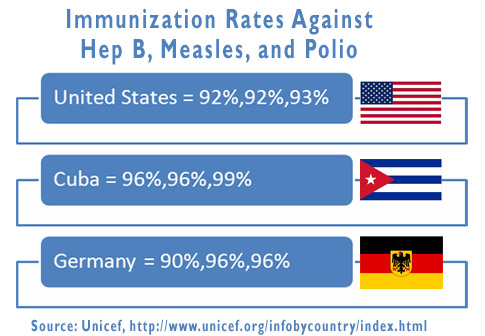
Everyone has the right to health protection and care. The state guarantees this right;
– by providing free medical and hospital care by means of the installations of the rural medical service network, polyclinics, hospitals, preventative and specialized treatment centers;
– by providing free dental care;
– by promoting the health publicity campaigns, health education, regular medical examinations, general vaccinations and other measures to prevent the outbreak of disease. All the population cooperates in these activities and plans through the social and mass organizations.
Healthcare is more than just access to health services, though. It includes education, food, housing, and the other social determinants of health. Here, too, Cuba excels-
-Irrespective of your class, your income or where you live, education at every level is free, and standards are high.
-The Cuban Constitution states “that no child be left without schooling, food and clothing”
This isn’t to say there aren’t problems to deal with in Cuba. They face many challenges in continuing to deliver this level of care on a limited budget. However, they have prioritized health, and the social determinants of health, in a way that shows they are serious about creating a healthcare revolution.
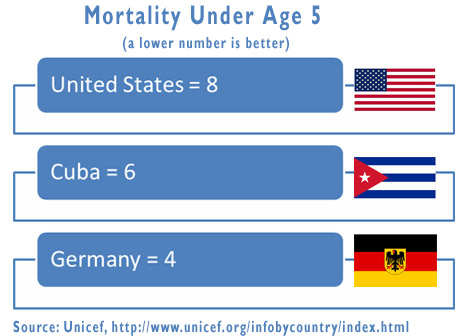
We don’t need to fear looking at radical models of healthcare revolution, because the system we have created here is one of the most radically corrupt and wasteful in history. Please, join us in building a social movement that fights for health equity and health justice!
It’s time to stop fearing what we don’t understand. Whatever your thoughts on Cuba are, their commitment to healthcare and international solidarity should at least give us pause:
“The healthcare system has become the most important sector in the exchange of goods and services between our country and the rest of the world in economical terms; but despite this Cuba has not failed to offer its medical assistance completely free of charge to more than60 third world countries lacking economic resources. That is how it has always been and how it always will be.” – Fidel Castro, 2005
Cuba has achieved amazing things in healthcare despite decades of economic and political turmoil. Why are we afraid of creating a system that offers us something better?
